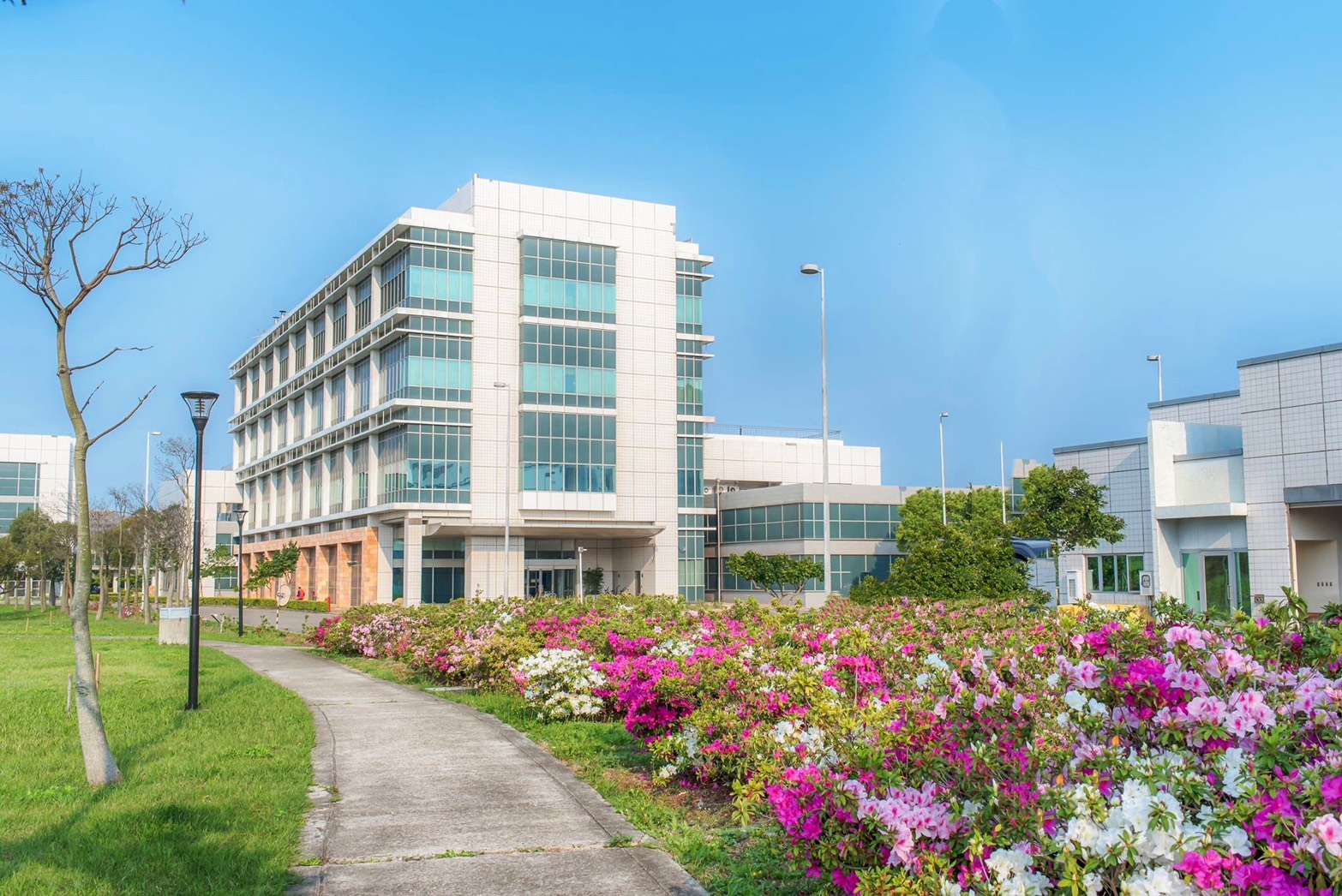The Bioproduction Plant: Advancing Taiwan’s Vaccine Industry
To strengthen Taiwan’s vaccine development infrastructure and self-manufacturing capabilities, we established our Bioproduction Plant in 2005 with funding from the Council for Economic Planning and Development (CEPD) and the Department of Health as part of the Human Vaccine Self-Manufacturing Plan.
With government support, we built a state-of-the-art cGMP facility from the ground up. Our facility was completed in July 2007, followed by rigorous validation processes in October 2008. Since commencing official operations in 2009, we have developed a robust process development platform, a comprehensive quality system, and facility certifications that comply with PIC/S GMP and Taiwan’s regulatory standards. Vaccine R&D Center cGMP facility was officially named as the National Health Research Institutes Bioproduction Plant in 2013.

Nowadays, we are proud to be at the forefront of Taiwan’s vaccine industry, recognized for our advanced technical expertise and cutting-edge infrastructure in biopharmaceutical development and production. With our well-trained GMP staff and validated facilities, we have successfully manufactured traditional vaccines such as BCG and Antivenom Serum, as well as GMP-grade vaccine candidates for clinical trials. We continue to play a crucial role in safeguarding public health and responding to emerging infectious disease threats.
Missions
Our mission is to contribute to public health and biotechnology advancement through the following key initiatives:
- Fulfilling government-mandated tasks, including:
- Manufacturing BCG vaccines and Antivenoms
- Producing vaccines for pandemic disease preparedness
- Establishing a cutting-edge vaccine development platform to support innovation and efficiency in vaccine production.
- Promoting academia-industry collaboration to accelerate vaccine research and development.
- Translating R&D results for infectious/non-infectious products.
- Developing and executing of Biosafety Level 3 (BSL-3) animal and cell-based studies.
- Training and educating local scientists in vaccine-related biotechnology to foster expertise and innovation in the field.
With these efforts, the Bioproduction Plant continues to play a crucial role in strengthening Taiwan’s biopharmaceutical capabilities and contributing to global vaccine development.
Enhancing domestic epidemic prevention capabilities
Our facility has implemented a comprehensive Quality Assurance system to ensure that all pharmaceutical products manufactured meet their intended purposes and comply with the regulatory requirements for clinical trials and market authorization. Currently, our plant has obtained manufacturing approvals from the Taiwan Food and Drug Administration (TFDA) for a total of nine products, as listed below. This demonstrates that the quality of our pharmaceutical products has reached international standards.
| Category | Products / Obtained Manufacturing Approvals from TFDA | Approval Date |
|---|---|---|
| Vaccines | BCG Vaccine (Lyophilized) | 2015/08/11~ |
| Enterovirus 71 Vaccine (EnVAX-A71) (for bulk) | 2016/5/24~ | |
| Antivenom Serum | Antivenin of D. acutus (Lyophilized) | 2015/08/18~ |
| Antivenin of B. multicinctus and N. atra (Lyophilized) | ||
| Antivenin of P. mucrosquamatus and T. stejnegeri (Lyophilized) | ||
| Antivenin of D.siamensis (Lyophilized) | ||
| Clinical Use Vaccines | Influenza Vaccine (ProVEU) (Not continuing to apply) | 2010/04/23~2021/4/22 |
| Enterovirus 71 Vaccine (EV71vac) (Not continuing to apply) | 2011/09/02~2021/12/31 | |
| Influenza A (H7N9) | 2015/03/17~ |
Since receiving H5N1 avian influenza vaccine (ProVEU) manufacturing approval from the TFDA in 2010, we have continuously expanded our capabilities in vaccine development. Over the years, we have successfully accomplished the mission of producing BCG and Antivenoms, completed several process development projects, transferred influenza and enterovirus production technologies to commercial biopharmaceutical manufacturers, and obtained nine manufacturing licenses. The Bioproduction Plant has successfully served as a crucial bridge between academia and industry, strengthening domestic epidemic prevention capabilities.
